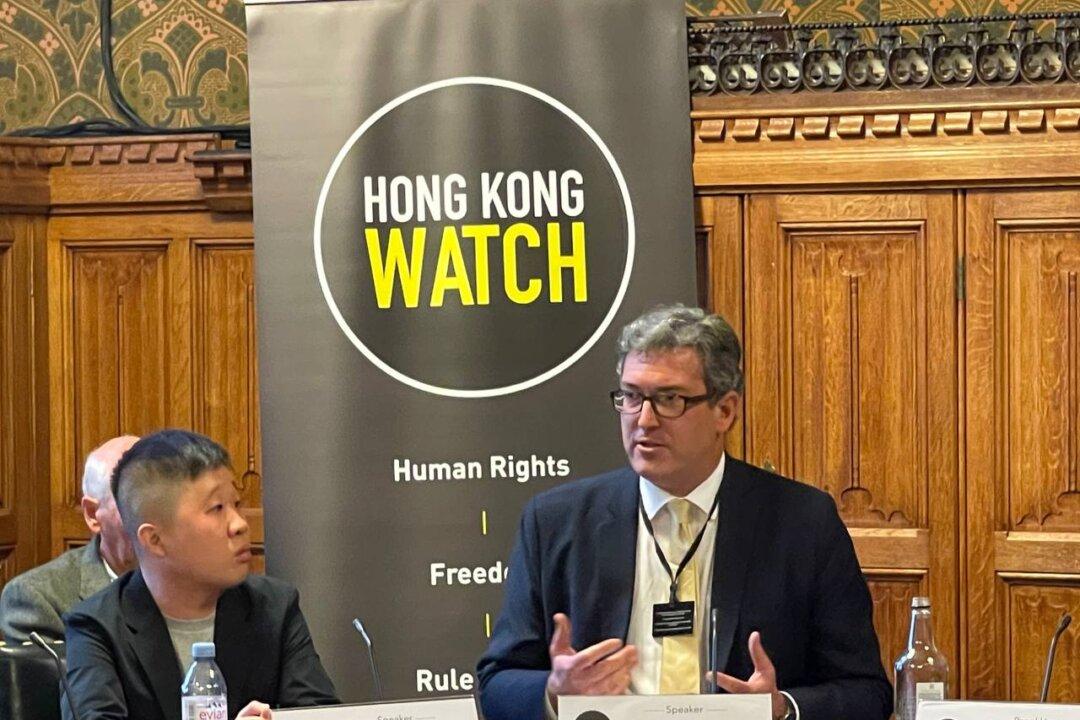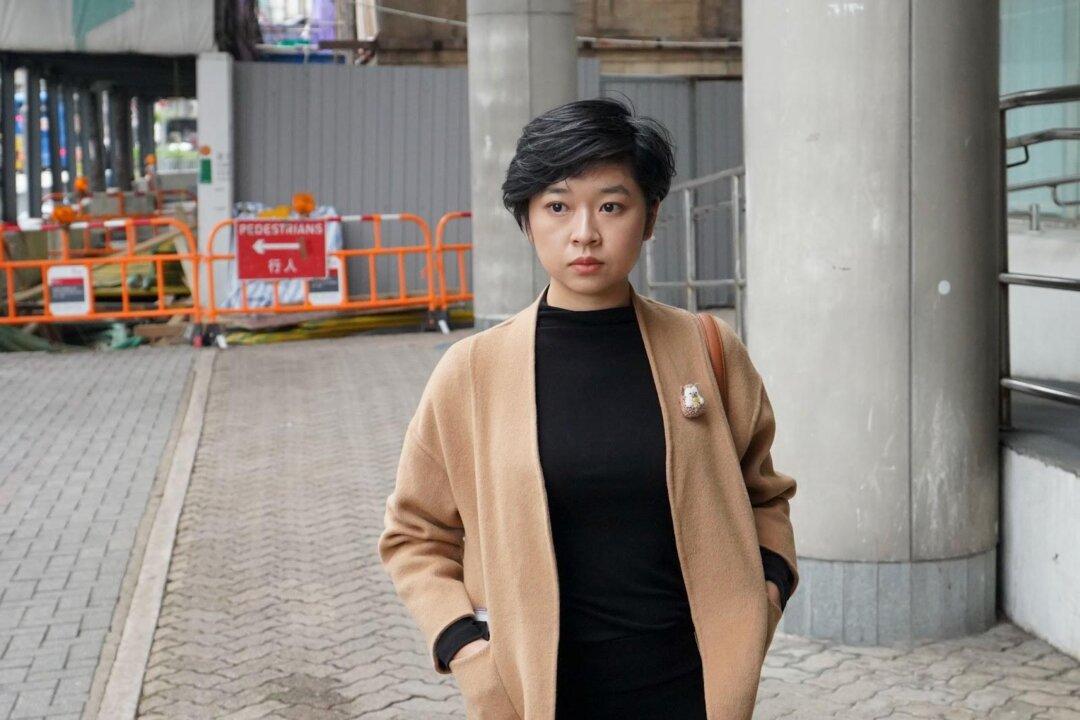Since the Chinese regime imposed the National Security Law in Hong Kong on July 1, 2020, almost all independent and pro-democracy media outlets have been forced to close, and many journalists and media executives have been jailed and are awaiting trial.
The freedoms of the once-flourishing international media center were almost completely dismantled by the Chinese Communist Party (CCP), leaving very few organizations and individuals willing to speak out.




